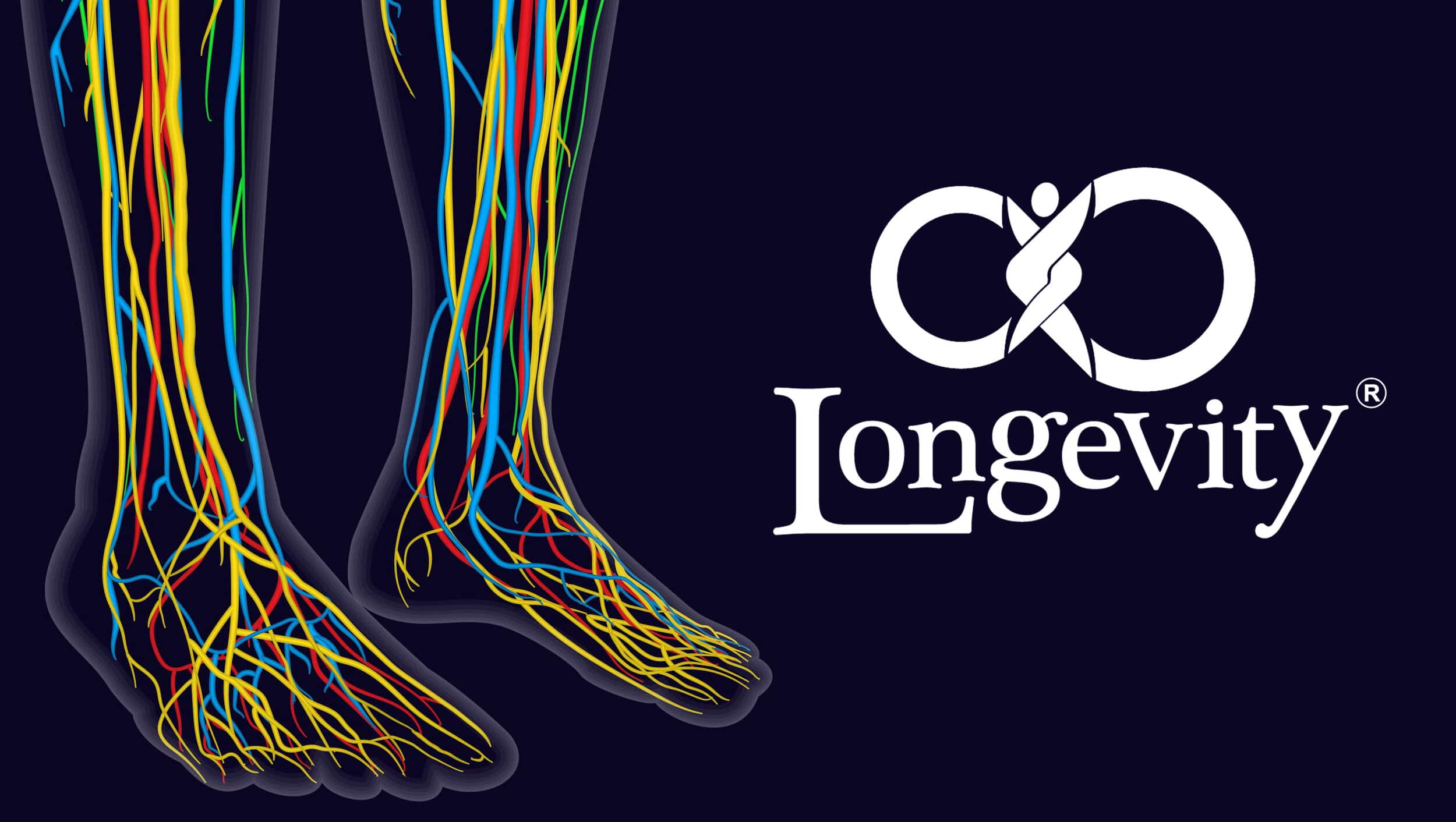
Are you experiencing numbness, tingling, or burning in the hands and feet? Do you struggle with poor balance and feelings of physical weakness?
Neuropathy, commonly known as “nerve damage,” is a painful illness that affects many diabetics. Neuropathy affects the hands and feet, causing weakness, numbness, and pain. Neuropathy symptoms can have a significant influence on daily living, from sleeping to driving and beyond.
Peripheral neuropathy manifests in many different ways, each coming with its own set of symptoms and dangers. Here at Oklahoma Spine & Pain Management, we have helped countless patients in the OKC metro area address the warning signs of neuropathy to avoid long-term pain and dysfunction. Understanding the risks, symptoms, and potential treatment options is crucial for getting your condition under control.
What Is Neuropathy?
The term peripheral neuropathy refers to a variety of highly common yet potentially serious conditions that collectively affect some 20 million individuals in the United States alone. It is defined as the dysfunction, damage, or decay of one or more nerves located outside of the central nervous system (the brain and spinal cord). Although it is mostly felt in the legs and feet, neuropathy can manifest just about anywhere in the body and affect one or multiple nerve types.
There are three main types of peripheral nerves vulnerable to the effects of neuropathy:
- Sensory nerves: These nerves create the sensations of touch
- Motor nerves: Motor nerves transmit messages from the brain to your muscles to create movement
- Autonomic nerves: This nerve type controls involuntary functions such as heart rate, breathing, digestion, and blood pressure
Neuropathy most often develops from a diabetic condition, occurring when high glucose levels damage your nerves and blood vessels. It can also derive from a variety of other sources, such as genetics, chemotherapy, failed surgery, hormonal imbalances, and other possible causes.
What Are the Symptoms?
Early warning signs and common symptoms of peripheral neuropathy include:
- Numbness or loss of sensation in the fingertips
- Sharp and sudden cramps
- Heightened sensitivity to touch
- Feelings of physical weakness
- Impaired balance or reflexes
- Severe bone or joint pain
For patients with autonomic neuropathy, these symptoms may also occur:
- Heartburn and bloating
- Nausea and vomiting
- Diarrhea and incontinence
- Feeling full without being able to finish a meal
- Sudden spikes in heart rate
- Muscle contractions
- Severe sweating
- Sexual dysfunction
- Slacked and sagging facial muscles
- Inability to speak or swallow properly
- Hypoglycemic unawareness (inability to notice when blood sugar is low)
What Are The Risks?
If treated promptly and properly, your condition should remain manageable. Without quality care, however, peripheral neuropathy often creates serious risks to your overall health and well-being.
Those who do not receive help from a medical professional can typically expect their symptoms to be lifelong. This is because damaged nerves train the body to become used to sending confusing messages to the brain. The severity of your symptoms will depend largely on how badly the nerve or nerves are damaged, which is why it is crucial to quickly seek medical help to avoid further decay.
What to do if you can’t sleep at night due to neuropathy?
Neuropathic pain can get worse at night for some people. Lack of distractions, focusing more attention on the pain in your hands and feet, temperature change, and physical and mental stress from the day are all reasons why neuropathy may feel worse in the evening. Calming the mind, caring for the body, and controlling the temperature are the greatest ways to treat neuropathic pain at night.
Is it safe to walk while suffering from neuropathy?
Tingling, numbness, and discomfort in the lower legs and feet are common symptoms that make any type of movement difficult. Simultaneously, we are frequently advised that exercise is one of the most effective methods to manage diabetes. What is a person to do in such a situation?
When people have numbness in their feet, the American Diabetes Association recommends that they avoid weight-bearing exercise. While walking with neuropathy might be beneficial for people with less severe nerve damage, those with neuropathy must take these precautions.
Is it feasible to drive when suffering from neuropathy?
Many patients with nerve impairment can drive with a little help. Let’s start with why driving is difficult for those with neuropathy. Numbness in the feet is one of the most common signs of neuropathy. It might be difficult or impossible to drive safely when a driver loses feeling in their feet. Fortunately, there are alternative technologies that can assist people with this problem and allow them to drive without having to use their feet to handle the brakes and gas pedal.
At Oklahoma Spine & Pain Management, we have mastered the art of treating pain-related conditions with our advanced non-surgical techniques. We use the human body’s own restorative properties to boost the healing process and mend damaged nerves. Once the healing cycle has run its course, you will be able to return to a greater quality of life while maintaining control over your condition.
Dr. Darryl D. Robinson, our founder and lead physician, has been treating pain-related syndromes in the OKC metro area for nearly 20 years, earning him recognition as one of the region’s top therapists. This quality of care has been made possible by Dr. Robinson’s specialties in Pain Management.
Are you ready to take control of your neuropathy? Call us today at 405-703-4990 to schedule your evaluation.
**Disclaimer: This content should not be considered medical advice and does not imply a doctor-patient relationship.






